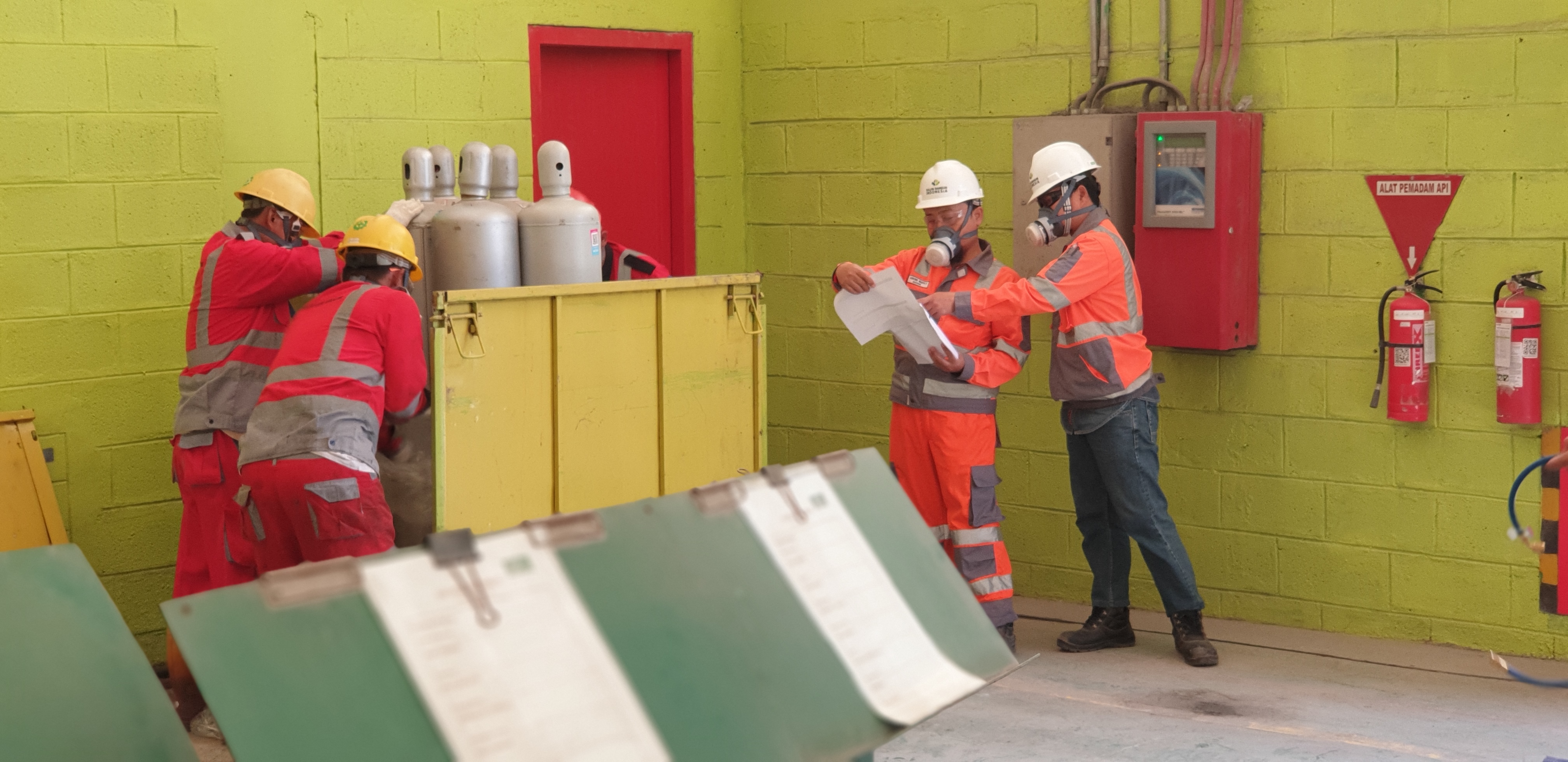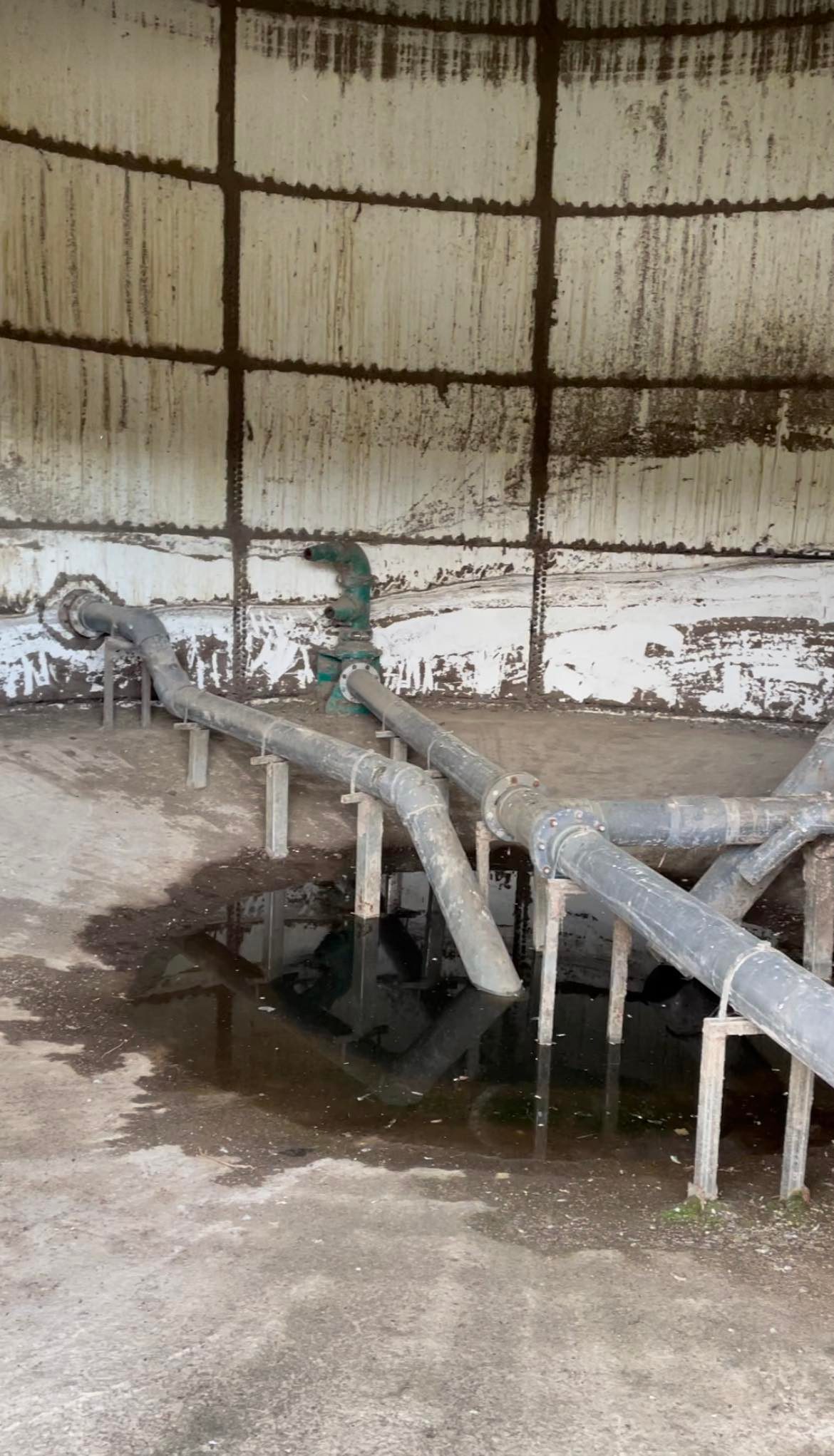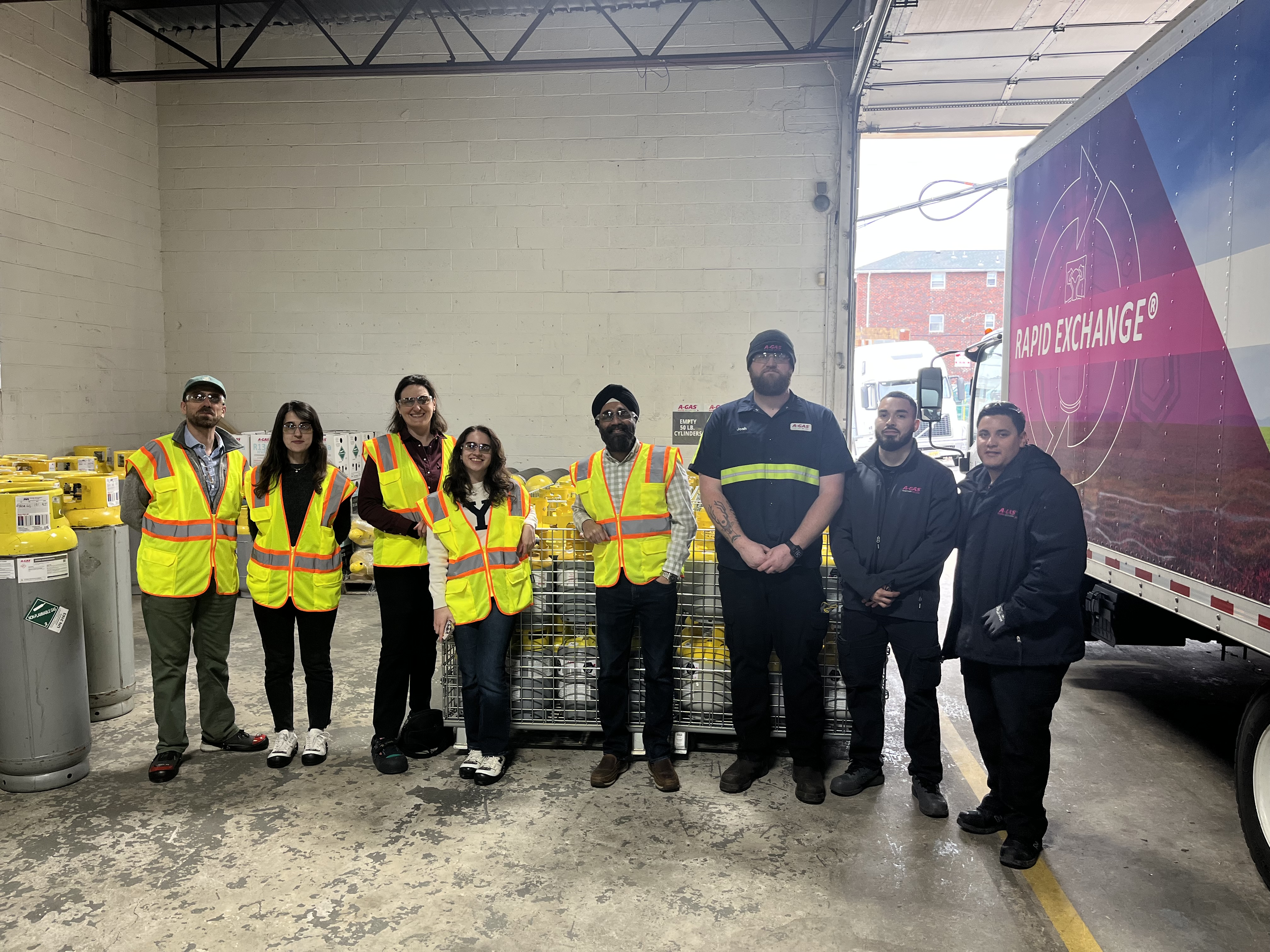Our Theory of Change
Reaching net zero in line with 1.5- or 2-degree Celsius temperature pathways is a monumental task. We work on a crucial, overlooked piece of the net zero puzzle: reducing emissions of super pollutants otherwise known as Short-Lived Climate Pollutants (so-called because of their high Global Warming Potentials and short atmospheric lifetimes). The technology to abate super pollutants measurably, cost effectively, and at scale already exists, but solutions suffer from an investment gap. Our super pollutants program aims to unlock financing to incentivize these solutions.
Why Focus on Super Pollutants?
Due to their behavior in the atmosphere, super pollutants such as methane and hydrofluorocarbons (HFCs) have an outsized effect on temperature rise in the near term – which makes reducing their rate of emission one of the most effective climate solutions available today. Rapid reductions in super pollutant emissions can buy time for the global transition to renewable energy and the scale-up of carbon removal. For example, according to the UN's Global Methane Assessment, curbing methane emissions by 45% would avoid nearly 0.3°C of global warming by 2045.




.jpg)

.jpg)











.jpg)